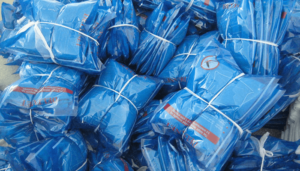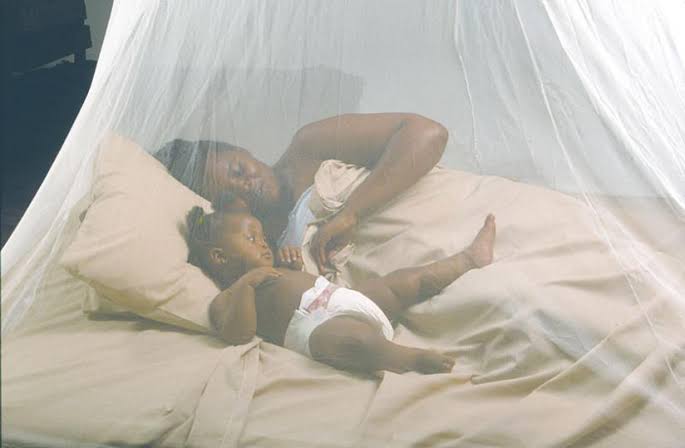By Isaac Atunlute
In homes across Ibadan, nighttime routines often end with mothers tucking their children into bed–with an extra layer of protection: insecticide-treated mosquito nets. For many households, these nets signal fewer late-night fevers, reduced school absences and fewer emergency hospital visits.
This August, the Oyo State government began a landmark project to deliver over five million treated mosquito nets to all 33 local government areas.
Emphasis has been made on target groups such as pregnant women and children aged four to five years, so the aim of the initiative is not just for distribution but actual, consistent use.
To that end, it’s being rolled out with fixed-point delivery sites and electronic tracking systems, ensuring households aren’t just counted but covered.
Still the challenges go beyond logistics.
Authorities are cautioning against using the nets to fish or as farm tools—and requesting households to view their nets as tools of life, not more stuff.
It’s this clarity in communication, combined with real-time tracking, that makes the Oyo approach different.

Several Nigerian states have also recorded similar achievements from similar interventions.
In Kaduna State, authorities began distributing 4.5 million insecticide-treated nets to approximately 1.8 million households from June 30 to July 3, 2025.
The campaign was one of a broader Seasonal Malaria Chemoprevention (SMC) strategy for children 3–59 months.
The integrated approach was to maximise coverage while increasing ownership and use of nets among young children.
Also, in Plateau State, in early 2024, a rolled-out campaign distributed nearly 3 million insecticide-treated mosquito nets to all 17 local government areas.
The initiative, which was led by USAID through Breakthrough Action Nigeria and in partnership with the Plateau Environment Protection and Sanitation Agency, or PEPSA, included waste management as a component of recycling exhausted nets and reducing the environmental impact.
And something similar also took place in July 2025, when Kano State launched an integrated campaign that combined distribution of insecticide-treated bed nets with Seasonal Malaria Chemoprevention (SMC).
Over 6,000 delivery packs and others were sent to health facilities across the state as part of efforts made at a concerted level to protect children below the age of five and pregnant women.
The Oyo State campaign employed the use of nets that were light and breathable, in order to be effective even in the warm and humid climatic conditions in Nigeria.
Officials announced that the containment effort would be conducted after a week’s distribution to leave no house behind.
More than anything, this effort signals a shift in how malaria prevention is done — not just by handing out tools, but by embedding their proper use into everyday life.
Because malaria remains a leading killer in Nigeria, with approximately 55 million cases and nearly 90,000 deaths recorded each year, accounting for 31% of global malaria deaths, Nigeria’s fight against the disease remains urgent.
Each net represents more than just fabric. It is an assurance of protection, a promise of restful sleep undisturbed, and for many families, a step towards a healthier future.
The Oyo State government in Nigeria is conducting a significant campaign to distribute over five million insecticide-treated mosquito nets across its 33 local government areas. This initiative prioritizes pregnant women and young children to combat malaria. The campaign emphasizes not just distribution, but also the consistent use of nets, using fixed delivery sites and electronic tracking to ensure coverage. Similar efforts have been implemented in other Nigerian states, with Kaduna, Plateau, and Kano also launching large-scale net distribution efforts as part of broader Seasonal Malaria Chemoprevention strategies. These campaigns aim to maximize coverage and encourage consistent usage, while also integrating waste management to reduce environmental impact.
Malaria remains a leading cause of illness and death in Nigeria, with the country accounting for 31% of global malaria deaths. Therefore, these nets serve as critical tools for reducing cases and improving public health. Through these integrated campaigns and the promotion of effective net utilization, Nigeria aims to significantly decrease malaria incidence and enhance the well-being of its citizens, exemplifying a shift in malaria prevention approach by embedding the proper use of preventive tools into daily lives.






